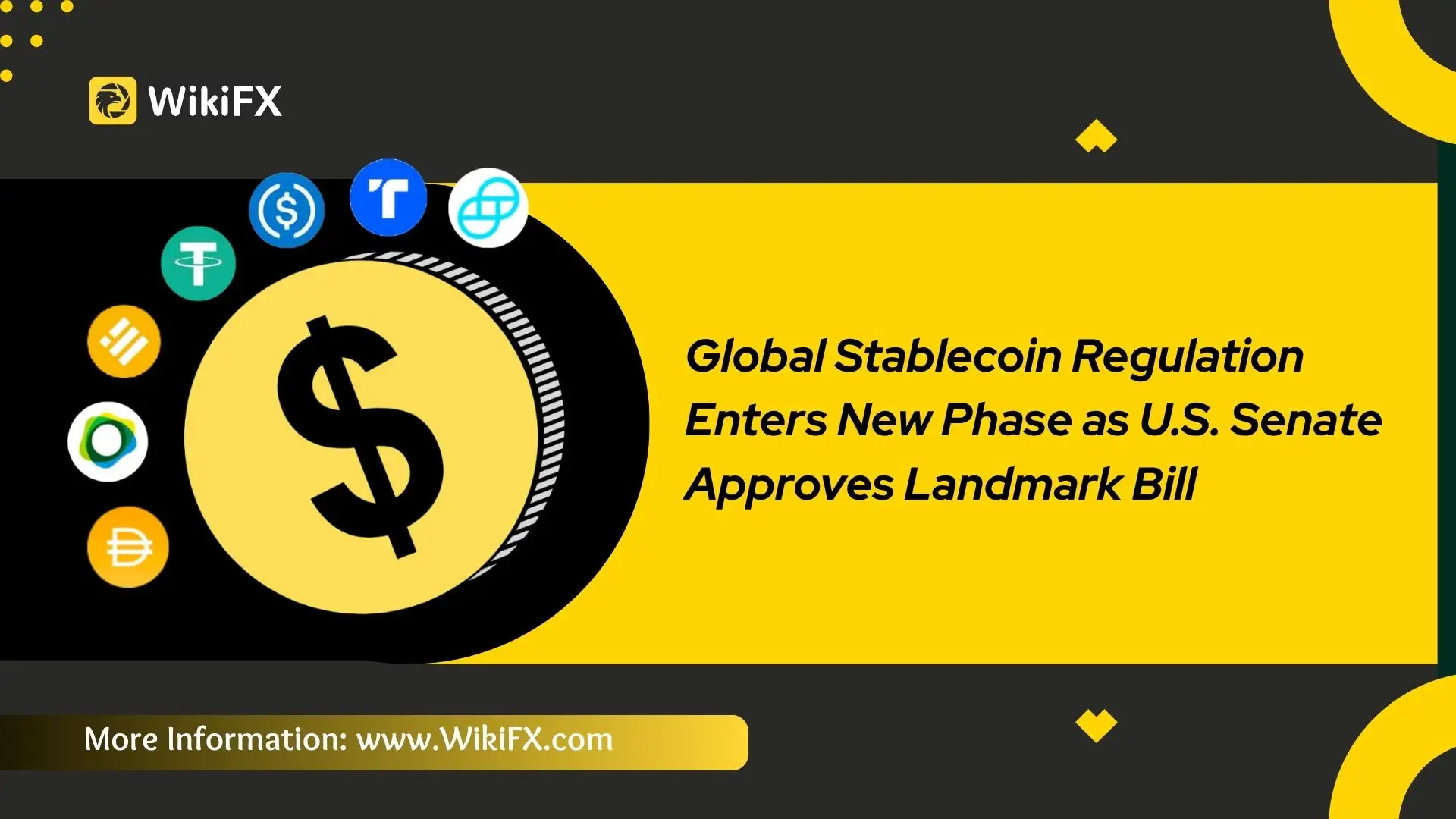简体中文
繁體中文
English
Pусский
日本語
ภาษาไทย
Tiếng Việt
Bahasa Indonesia
Español
हिन्दी
Filippiiniläinen
Français
Deutsch
Português
Türkçe
한국어
العربية
Hong Kong Halts Crypto Exchange Licensing Applications
Abstract:Hong Kong’s Securities and Futures Commission (SFC) has explicitly mandated that cryptocurrency trading platforms lacking a license must halt their operations in the region by May 31, 2024.

Hong Kong has undergone a significant regulatory transformation by formally discontinuing the acceptance of cryptocurrency exchange license applications starting February 29.
The Securities and Futures Commission (SFC) has explicitly mandated that cryptocurrency trading platforms lacking a license must halt their operations in the region by May 31, 2024.
Investors involved with virtual asset trading platforms have been instructed by the SFC to make early preparations for the transfer of their assets to licensed entities or those currently in the process of securing a license. At present, the SFC has granted formal licenses only to OSL Digital Securities and HashKey Exchange, with approvals received on December 15, 2020, and November 9, 2022, respectively.

Out of the 22 crypto trading platforms seeking operational licenses under the new regulatory framework, four were initially part of the SFCs optional regime for crypto trading platforms. However, Huobi HK, Meex, BitHarbour, and Ammbr either withdrew their applications or had them returned by the SFC. In a bid to enhance investor protection and transparency, the SFC intends to publicly disclose a list of crypto platforms mandated to cease operations, underscoring the risks associated with unlicensed trading activities. Throughout the wind-down period leading to the May 31 deadline, affected exchanges will encounter restrictions on operational capabilities, including a prohibition on all marketing activities within Hong Kong.
Subsequent to closure, the SFC will release a roster of exchanges considered licensed as of June 1, 2024, though this does not assure approval for all applicants. Authorized platforms will be allowed to onboard retail investors for trading Bitcoin, Ether, and potentially other altcoins and stablecoins, contingent upon SFC review.
These regulatory adjustments closely follow the abrupt cessation of BitForex, a Hong Kong-based cryptocurrency exchange, after an undisclosed withdrawal of $57 million from its hot wallets. The situation was brought to light by blockchain detective ZachXBT, who noted BitForex's suspension of withdrawal transactions and the unresponsiveness of its team.

Disclaimer:
The views in this article only represent the author's personal views, and do not constitute investment advice on this platform. This platform does not guarantee the accuracy, completeness and timeliness of the information in the article, and will not be liable for any loss caused by the use of or reliance on the information in the article.
Read more

Nobitex Hack Exposes $100 Million Loss, Users Fully Compensated
Iran’s Nobitex lost nearly $100 million in a cyberattack using vanity addresses. Funds were burned, not stolen for profit. The platform says user losses will be fully covered.

U.S. Seizes $225M in Crypto Tied to Massive Scam Operation
U.S. authorities seized $225 million in crypto tied to large-scale scams, aiming to return funds to victims of crypto trading fraud.

Global Stablecoin Regulation Enters New Phase as U.S. Senate Approves Landmark Bill
The U.S. Senate has passed the GENIUS Act, a historic move to regulate stablecoins pegged to the U.S. dollar. As the world’s major economies race to define legal frameworks for digital currencies, this vote marks a pivotal moment—one that echoes Europe’s MiCA rules and mirrors regulatory shifts in Asia.

Philippines Sets Southeast Asia’s First Crypto Regulatory Framework
Philippines launches pioneering crypto regulations, enhancing investor protection and market transparency with strict rules for CASPs.
WikiFX Broker
Latest News
Consob Blocks 7 Fraudulent Investment Websites Amid Ongoing Crackdown
MyFundedFutures Tightens Compliance Measures Following Regulatory Pressure
Investors Beware! The Pound May Face a Downturn in the Second Half of the Year
Latest FCA Warning List Out! Beware & Protect Your Money
Before You Trust EterWealth with Your Money, Read This!
Super Micro shares fall on planned $2 billion convertible debt offering
Stock futures rise after Trump says there is a ceasefire timeline for Iran-Israel conflict: Live updates
Asia-Pacific markets set to rise after Trump says Israel and Iran agree to ceasefire
CNBC Daily Open: The strange times of missiles-led peace'
FXTM: A Closer Look at Its Licences
Currency Calculator


